When my mind reaches back to my childhood, I picture small journals with metallic covers. I’ve never been much good at keeping a diary, but 10-year-old me had the most success, and she also started my first blog.
When I think of my childhood, I think of Mildred D. Taylor, too. And reading Roll of Thunder, Hear My Cry and other books at my brother’s baseball games.
From a young age, I thought words were the answer. I chose subjects—most commonly, the American slave trade, much to mom’s alarm—and wanted books that could tell me everything I thought I needed to know. I wrote and wrote, filling up pages until those small metallic journals filled up multiple desk drawers in my childhood bedroom.
For many years now, I’ve put a lot of stock into writing and reading words. To be a “know it all” in middle school, to tame my mind, to escape the day, to heal.
“I write because I don’t know what I think until I read what I say,” wrote Flannery O’Connor, and there are few quotes I resonate with more deeply than that one. Writing is the way I process things, and reading is how I make sense of them. Words are the only home my emotions know. They’re the spreadsheet, the research, the outline that keeps me from making a decision. And they’re a crutch.
I’ve realized that I don’t tell people things; I write about them. That’s not to say that this is a good thing (it’s not). It’s just what I’ve noticed. And that’s all I’m ever here writing about—what I’ve noticed.
A counselor in Charlotte, North Carolina once noticed something, too. She asked me how I felt about something, and I told her that I had made a pros and cons list. “But how do you feel?” she asked. That’s when my neatly compartmentalized emotions, stored safely in a dark corner of my mind, were tapped into for something other than writing an article or criticizing a book.
Books, for me, became the unhealthy self-soothers that excessive alcohol or video games can be for others. They became the coping mechanism for any problem that came up. And whatever knowledge I found in them became a defense mechanism to ward off dissenters (whether people or emotions). I could binge-order books on any subject to start “solving my problem” with free two-day shipping.
Once, I moved to a city where I didn’t know anyone and almost instantly made a bunch of friends. Some that I’m still close with today. But I did it again two years ago, leaving reliable groups of friends in Charlotte for Atlanta, where I only had two. Making friends hasn’t come as quickly here, but I thought it was nothing that reading a few books about friendship couldn’t fix.
But it’s not fixed. And neither are a few other puzzles that I thought I could put together with a little bit of knowledge.
At the beginning of my faith journey, I clung to Christian books and articles on apologetics and doctrine, leaning on them to give me the words for what was happening in my heart. I wanted reason, logic, answers. And ultimately, nothing moved my atheism to the side except Jesus himself. That relationship was the answer.
I read more books about love this year than I ever have or ever thought I would need to. And I was still unprepared for the fall and the fallout. My reading was fruitless. My research couldn’t teach me what the relationship had to. I can’t know what life will turn out to be until I live it. I didn’t know if I could love him until I did. I didn’t have words for that. I still don’t.
I chose a “word for the year” for the first time in 2019: openness. As 2020 closes in, I can confidently say that I failed miserably in living that word out this year. I read CJ Houser’s essay, The Crane Wife, and thought, “If this is the type of vulnerability that good writing has to show, then can I ever do it?”
I can do it if I do it.
The only way to try it is to find a starting point. The only way to have a friend is to start being a friend. The only way to know whether you can love someone is to love them.
When I found myself at a loss for words this year, I felt like I’d lost myself. After all, I write for a living, and reading is my primary entertainment. If there was no book I could read or article I could write about what I was feeling, what was I do to with those feelings? How was I to sort them out? As Zadie Smith said, “The very reason I write is so that I might not sleepwalk through my entire life.”
I’m learning that I don’t have to have words for everything. Or answers. Or sound reasoning that I come to all by myself. Or instant healing that comes from a book about healing.
My most healing moments of clarity recently have come from in-depth talks with a friend or laying out what God already knows in prayers that only He can hear. Reliance on my own words couldn’t do that for me. A good book couldn’t replace the wisdom of a good community.
Words fail me. I’ll still write about my experiences. I’ll always read to learn and write about that too. I’ll continue to write about my life, yes—but in friendship, in love, and outside of my head, I’ll also live.
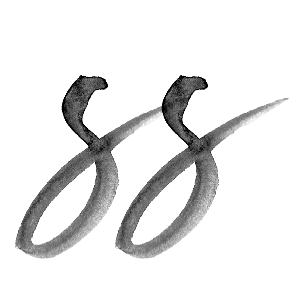
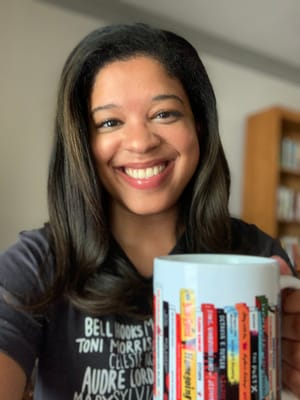
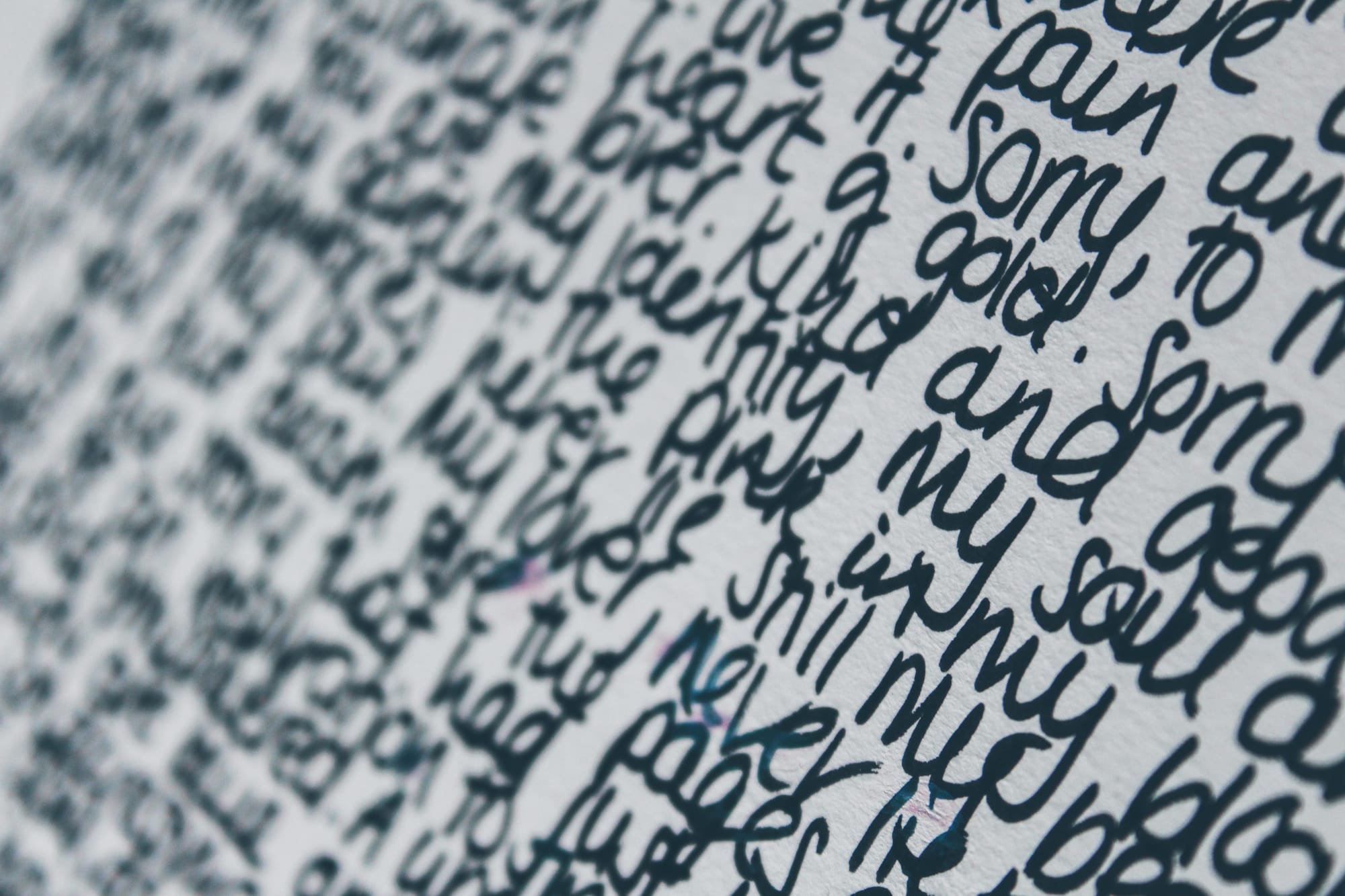
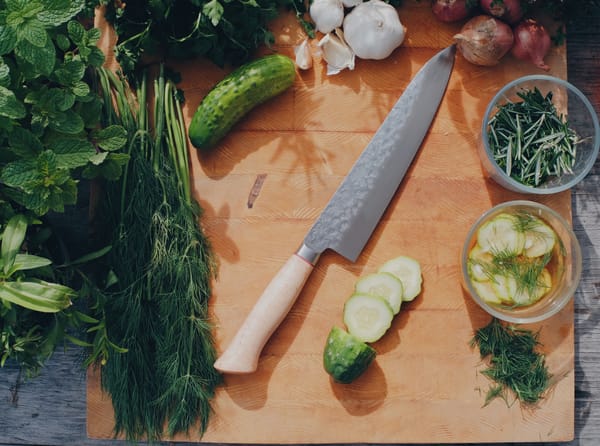
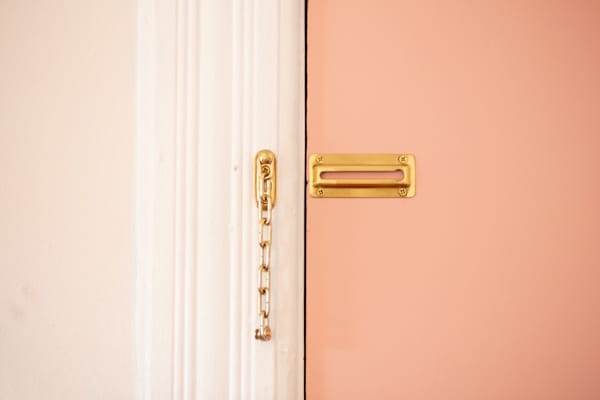



Member discussion